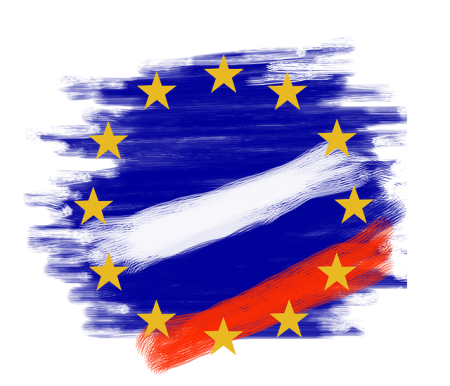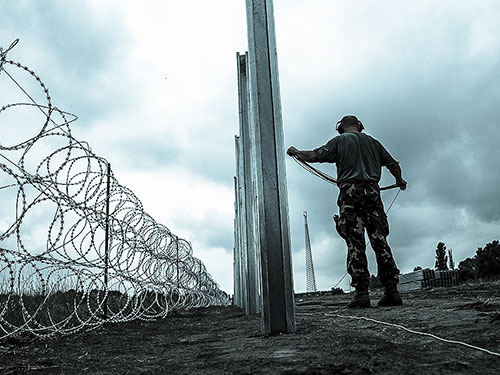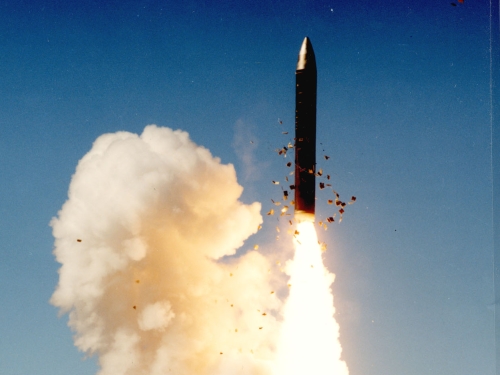
This interview was originally published by E-International Relations on 16 December, 2015.
Ivan Krastev is chairman of the Centre for Liberal Strategies, Sofia, Bulgaria and Permanent Fellow at the Institute for Human Sciences in Vienna (IWM), Austria. A founding board member of the European Council on Foreign Relations, he is also a member of the global advisory board of Open Society Foundations, and of the advisory council of the Center for European Policy Analysis (CEPA) and the European Cultural Foundation (ECF). Mr. Krastev is also associate editor of Europe’s World and a member of the editorial board of the Journal of Democracy and Transit – Europäische Revue. He has written extensively on democracy, Eastern Europe, the politics of his native Bulgaria and relations between Russia and the West.


